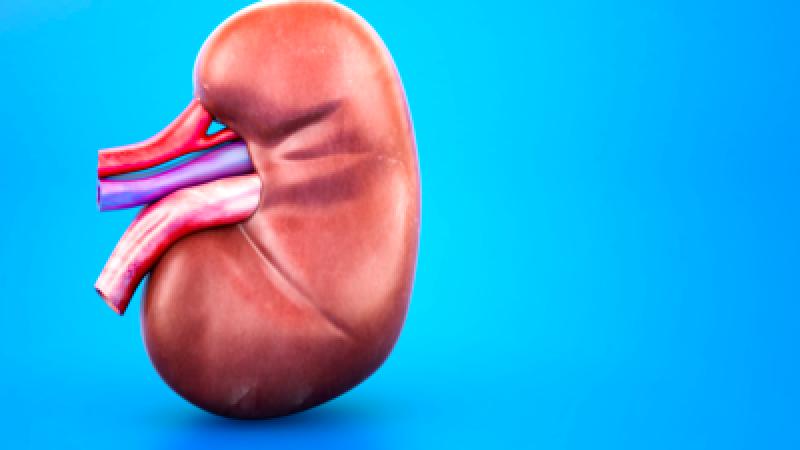
Our kidneys are important organs that play crucial roles in maintaining our health. While many individuals have two kidneys, living with just one is more common than people realize, often due to congenital factors, surgery, or donation. Despite some persistent myths causing unnecessary concern, it is possible to lead a normal life with a single kidney. Let's debunk some of these misconceptions:
Myth 1: Living with one kidney is impossible.
Reality: Many people with one kidney live healthy, normal lives as the remaining kidney adapts to meet the body's needs effectively.
Myth 2: Physical activity should be avoided with one kidney.
Reality: Remaining active is generally safe and beneficial for individuals with one kidney. While caution may be needed for high-impact sports, moderate exercise is encouraged with personalized advice from a healthcare provider.
Myth 3: Significant dietary changes are required for one kidney.
Reality: A balanced diet, hydration, and moderate salt intake are usually sufficient for maintaining good kidney health without drastic dietary modifications.
Myth 4: Chronic health issues are common with one kidney.
Reality: Regular check-ups and a healthy lifestyle are important for monitoring and preserving kidney function. Most individuals with a single kidney do not face significant health problems.
Myth 5: Most medications need to be avoided with one kidney.
Reality: With proper prescription and dosage adjustments, most medications are safe for individuals with one kidney. Always inform healthcare providers to ensure appropriate adjustments.
Myth 6: Donating a kidney is dangerous and reduces life expectancy.
Reality: Donating a kidney is generally safe with minimal risks or complications.Donors can typically resume their regular activities within 2-3 weeks following surgery. The likelihood of kidney failure in donors is very low and donors often adopt a healthier lifestyle after donation.
Myth: Donating a kidney can affect pregnancy and childbirth
Fact: Donating a kidney does not impact the ability to have children. Many kidney donors have successful pregnancies and healthy children. The body adjusts well to functioning with a single kidney, and fertility is not affected by kidney donation.
Myth: Over time, a single kidney is at risk of failure, leading to dialysis
Fact: With proper care, a single kidney can maintain functionality throughout one's life. Dialysis would only be required if the single kidney were to fail, which is unlikely with proper care and monitoring.
While living with one kidney requires mindful health practices, it does not necessarily result in restrictions or chronic illness. By clarifying common misconceptions and understanding the facts, individuals with one kidney can lead long and satisfying lives.
The article discusses the potential benefits of homeopathy in aiding cancer patients, as explained by Dr. Anil Sharma.











